Interview 2 of a Primates Series: Looking at all of the aspects of the One Health approach using Disease Surveillance Monitoring in Gorillas

Anne with the Conservation Catalyst Program is exploring Wildhub members who work in the conservation of primates. Two weeks ago, we looked at the work of the IUCN SSC Primate Specialist Group Section on the Great Apes ARRC Task Force with Tatyana Humle. This week, we will be looking at Ssali Ogwal’s work with One Health and disease surveillance from gorillas to humans in Uganda.
Gender is a very sensitive aspect that I wish I knew more about because it's a social construct, it varies from society to society, making it one of the risk factors to zoonotic disease when you look in our African setting.”
Ssali is a native Ugandan who developed a passion for One Health through reading about it during his first line of degree in Public Health- Health promotion. Through inspiration from Conservation Through Public Health- CTPH’s founder and CEO, Dr. Gladys Kalema-Zikusoka, one of the leading conservationists and scientists working to save the endangered mountain gorillas of East Africa, Ssali has worked with CTPH which he joined to not only address conservation issues but also community health issues by preventing disease spread amongst animals to humans and vise versa through a One Health Approach.
Banner photo: Rwanda mountain gorillas - Conservation Through Public Health
Anne: Tell me about your background and what made you interested in studying One Health.
Ssali: My background is that I hold over 10 years of experience in public health. As time went on, I’ve been able to research more and understand the new perspectives that are happening within the world. I came across One Health and became interested, and through inspiration from Conservation Through Public Health- CTPH’s founder and CEO, Dr. Gladys Kalema-Zikusoka, one of the leading conservationists and scientists working to save the endangered mountain gorillas of East Africa. I picked an interest in working in a Health and Biodiversity Conservation environment and thus got the opportunity to join CTPH in 2021 as a Community Health & Conservation Field Officer, where I got the opportunity to study and understand what One Health was about. As i speak of now, the experience and exposure gained make me a very flexible, detail-oriented, and analytical One Health expert with vast experience in Conservation, Public Health Promotion, Field & Research related activities, having worked with both government and non-governmental institutions giving me knowledge about the dynamics that are involved when it comes to the One Health approach. I'm a male Ugandan, born in Africa and I'm implementing the One Health approach in Africa.
Anne: What are your main duties as Community Health and Conservation Officer with Conservation Through Public Health?
Ssali: Generally, my work looks at promoting the coexistence of people, gorillas, and other wildlife, and the environment to coexist by improving their health and livelihoods. And in specific, as it is outlined in my title as a Community Health and Conservation Officer; most of my duties come from that title. Our ground-filled activities are mainly improving community health at the Human-animal-ecosystem interface focusing on; raising awareness and promoting good health-seeking practices to ensure healthy households and communities, and participating in One Health research to support field programs. This is all achieved through participation in the recruiting and training of community volunteers (Village Health and Conservation Teams-VHCT, Community Animal health workers, and Human and Gorilla Conflict Resolution Teams-HUGOs) whom we work alongside to attain behavior change communication.
This is all done alongside one of our core activities by our Veterinary team which carries out regular Gorilla health monitoring and sero-surveillance which helps predict, detect, prevent, and control the spread of disease between people and gorillas with Gorillas whom we share 98% DNA with- making us closely related. Through zoonotic disease surveillance, we produce timely evidence that is used to mitigate disease outbreaks and respond to diseases. But also, we do livelihood support to reduce their dependence on protected areas for food. Our social enterprise agribusiness, Gorilla Conservation Coffee and Ready to Grow activities help vulnerable communities and farmers living on the outskirts of protected areas with gorillas. Through giving them seedlings, training, and capacity building, we reduce threats to gorillas and their habitats.
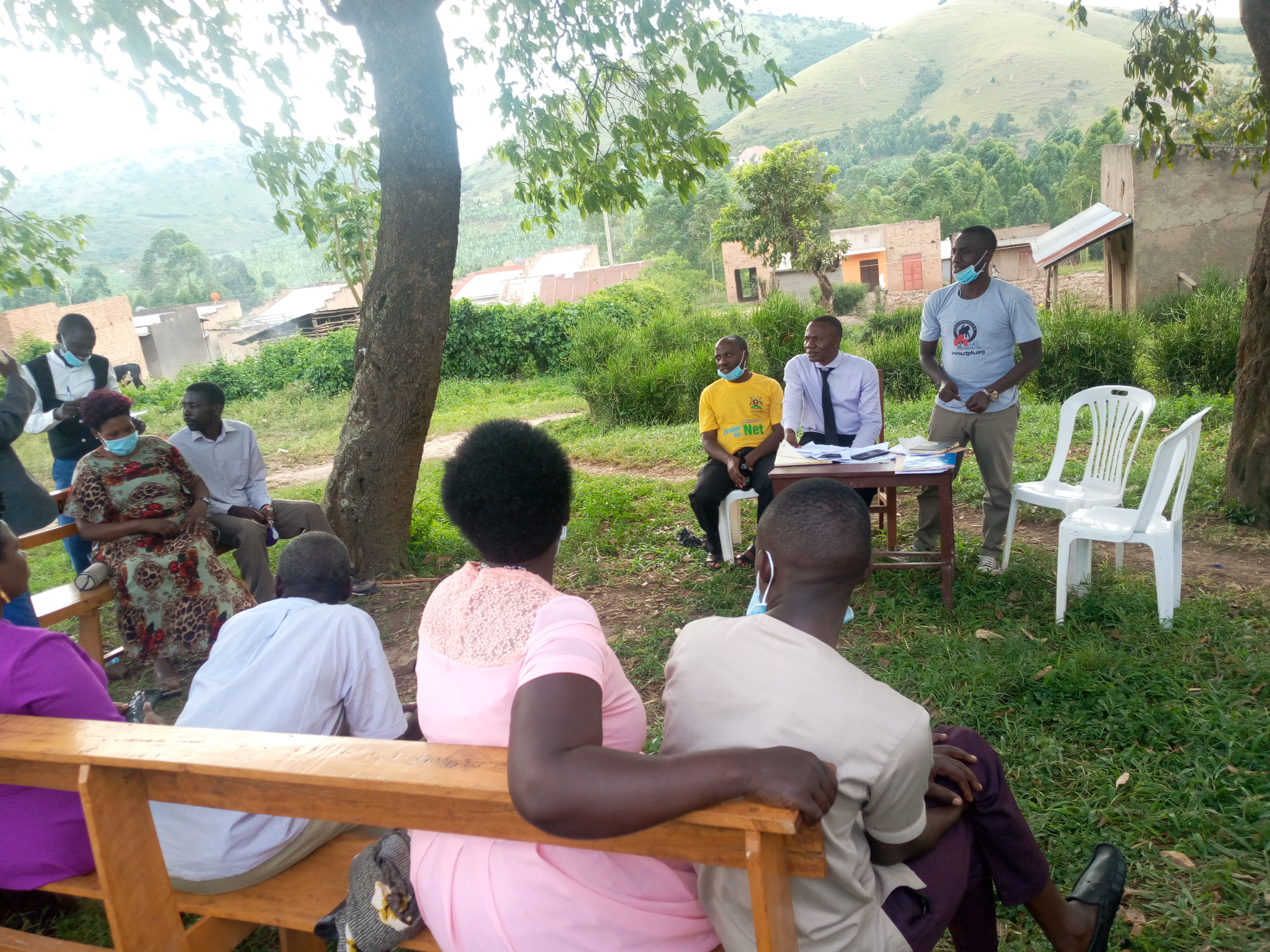
Ssali teaching the community on health-seeking practices
Anne: Is there anything specific you are currently studying in One Health?
Ssali: Our country (Uganda), is among the first in the world to embrace the One Health approach gospel. Unfortunately, our academic institutions have not yet incorporated it within their education systems, so we don't have an institution in Uganda that teaches One Health, apart from organizations like CTPH. But because I had more interest, last year, I applied to the University of Geneva for a postgraduate Certificate in Global Health at the Human-animal interface and I got the scholarship which I successfully completed. Since I naturally love seeking more knowledge, I also enrolled for my Master's in Public Health of Lira University Uganda of which I am finalizing with my research project entitled, “Prevalence and risk factors associated to zoonotic disease (Rift valley, Congo Crimean Hemorrhagic fever, and Brucellosis) transmission among reformed poachers in Uganda”.
Anne: What do you wish you knew about community and wildlife disease that would assist others in the field?
Ssali: One thing I wish I knew very well was gender. Because when you look at community and wildlife, they have so much attached it to medical and veterinary health and that's where it is encircled most. But then we've forgotten the other social structures that exist within. Gender is a very sensitive aspect that I wish I knew more about because it's one of the high risk factors to zoonotic disease when you look in our African setting. Women ferry firewood from forests, women are the ones that are engaged in cooking and imagine if it was cooking bushmeat which is at risk of zoonoses. There is a lot involved in gender, So that's one thing I would love to learn and know much about because gender is specific to social and domestic roles and so affects exposure. You can modulate the individual exposure to different diseases. So it's one thing that I wish I would get a bigger insight into, to try to connect community and wildlife.
Anne: Is there any piece of information you feel is missing in the intersection of community health and wildlife?
Ssali: First of all, One Health was well defined. However, when you break down deeper, you realise that it is a kind of misunderstood concept on the other side. I love the broader definition of One Health, which is about acknowledging the intersection of human health, animal health, and the ecosystem. One thing I want people to understand is that One Health goes beyond just medical and veterinary medicine. We have other aspects. For example, social science is a bigger aspect as far as human health is concerned. We've looked at issues that are not directly health issues, especially the social determinants of health like urbanization, socio-economic practices, cultural practices, and marginalized communities, but in the end have a great impact on health. So I think the piece of information that is missing is that we need to connect the dots to make sure that it goes beyond just two disciplines. We need to find a way to connect the dots with other players, like policymakers, who look at the legislation whihc is a very big factor when it comes to wildlife and illegal trade. So we have to look beyond just veterinary and medical health as we achieve a better understanding or a better intersection of community health and wildlife.
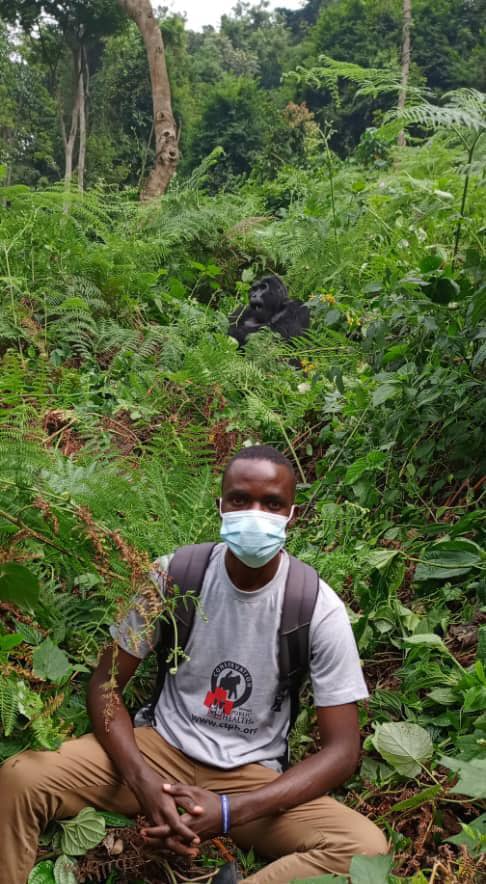
Ssali in the field with mountain gorillas
Anne: For those interested in working in One Health, how do you recommend they begin their career?
Ssali: It's a passion that grows first because One Health is really a multidisciplinary approach that demands a lot of research and time. That takes a lot of someone's time because it's trying to understand the communities, animal health, and ecosystems. You have to intersect within all the spheres of One Health. So it has to first grow as a passion in you. Once I first heard of Conservation and Public Health, I was like, “What does it really mean?” Because I knew Public Health was purely about WASH (Water, Hygiene, Sanitation), but when I joined Conservation Through Public Health, I became interested. I grew the passion and this is where I am right now as an expert in. So once you grow the passion, you will begin finding ways to work alongside it. You might not necessarily have the chance to go to an organization that does that, but you can begin on a personal basis doing the One Health campaigns while looking to have a practical part of it alongside research. The other thing is that you have to enhance your education, you might not immediately have a Master's or postgraduate, but there are a lot of short courses that are being offered. I'm happy to say that on the WildHub platform where I am a WildHub Community member and contributor which I am proud of, I've seen a lot of interactions and courses being introduced. So that gives you an in-depth understanding of what One Health is. Once that develops, you’ll interact more with the professionals. But above all, the biggest thing is first to have a passion for One Health. And then once you understand what One Health is, you seek knowledge through collaborations, networks, and studying more.
Thank you, Ssali, for teaching us about the multidimensional approach of One Health. To learn more about Ssali’s and Conservation Through Public Health’s work, please visit: https://ctph.org/
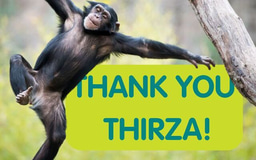
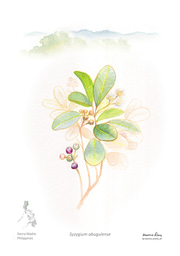
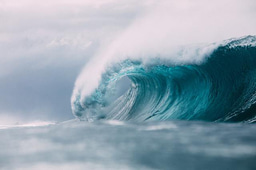

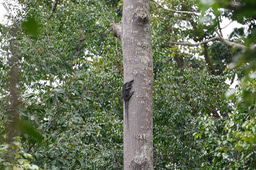
Please sign in or register for FREE
If you are a registered user on WildHub, please sign in
Brilliant interview! Well done @Anne Mauro for facilitating. @Ssali Ogwal Ronald : many thanks for sharing your valuable insights and experiences with us! Your words that we need to connect the dots to make sure that it goes beyond just two disciplines, resonate with me. Also, I found your learnings about how gender may influence exposure to zoonotic diseases, insightful. I hope you can keep us updated on what you find in your Master's research project - interesting topic!
So much appreciate the Wildhub Community platform as this is a great tool for continued engagement of the community giving us a sense of belonging. It further enables us to share experiences and support the perpetual growth of each other, ourselves, our work, and our environment. @Thirza Loffeld, definitely I will give feedback on my research, and any other knowledge gained on gender and One-health
It was and will always be a pleasure working with you @Anne Mauro and your team– thanks for your contribution to this interview! This unearthed a lot of potential – and I'm looking forward to seeing more great things from you, me, and the Wildhub community. This was a unique perspective – thanks for adding something special to my work of One-Health!
Thank you for being such a great game-changer.
Great to read your interview with @Anne Mauro - I learned a lot from the experience you shared @Ssali Ogwal Ronald and I'm glad the interview process was a positive experience.
As Thirza mentioned above, I found your discussion of the intersection of social structures and gender with exposure to zoonotic diseases fascinating. Wishing you all the best in completing your Masters research project and I hope to see more from you on WildHub in future.
I will be grateful to share the results as soon as they are out.
Thank you very much for the wishes and hoping for the best.